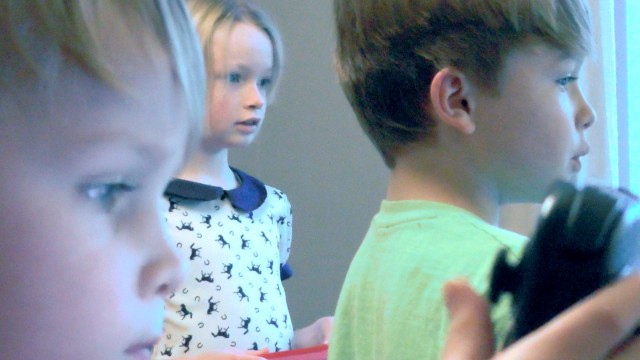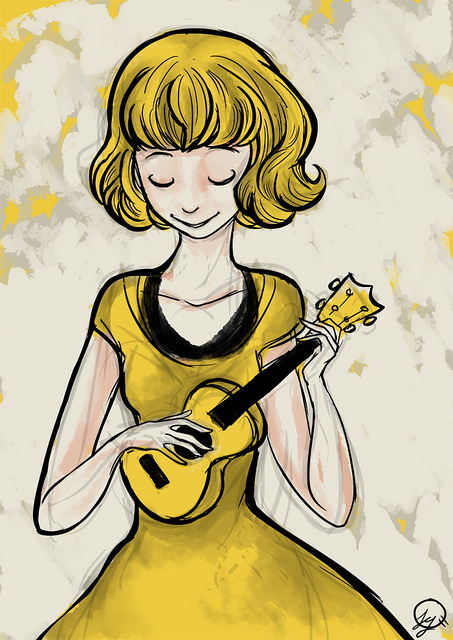Do Home Educated Kids Have Friends?
‘Do home educated kids have friends’, may sound like quite a rude question to ask, but according to 14 year old Iona, this and other questions are asked of her when she says that she doesn’t go to school.
She answers common questions in our article about the reality of home ed.
Who On Earth Invented … The Pedal Bin?!
Continuing our series on enterprising inventors of everyday things we take for granted, Sally Anne asks …
Who on Earth invented…the Pedal Bin?!
You’re carrying something to the bin, your hands are full and you don’t want to spill it. Thank goodness for the pedal bin! Read on to find out about the inventor who tried to make life easier.
Ergonomics is the science of making equipment which fits and works with the human body. This basically means making things work as easily and as conveniently as possible. Dr Lillian Gilbreth was a keen inventor who believed in finding the easiest way of getting things done. As such, she invented a range of gadgets to make jobs easier, including the pedal bin in the 1920s. Now we have to admit, pedal bins aren’t very exciting, but Lillian’s life definitely was.
Tales From The Farm – By Rosie
Rosie is 15 years old and lives on a farm, miles from the nearest town. She wrote about living on a farm, and what she loves about it.
JUMP! Around the World – Ayşe in Turkey
Have you ever wanted to know what it is like to grow up in another country?
We continue our Jump! Mag tour of the world in Turkey, where seven-year-old Ayşe lives.
Hello Ayşe, How do I say hello in Turkish?
Merhaba Annie!
What are your favourite subjects at school?
That’s hard… I think most of all I like learning Turkish language and…….music.
What kind of music do you like listening to?
I like to dance to pop music like Rhianna and Adele but I like Turkish music too, I like a rock band called Duman.
What games do you like to play with your friends?
Mostly street games like Tag and hide & seek, it’s fun to chase each other around.
What do you like most about being a girl?
…….I think maybe because…you can have a baby… Also at school at playtime, the boys are always chasing each other and fighting and being a bit rough, and they can be like that with each other but not with us, they can’t be so rough with us. I like wearing dresses also and dressing up!
What are your favourite words in your language?
I love you…….mum.
If you could choose any country in the world to visit, which would it be and why?
I want to go to America, to visit my Aunt in San Fransisco, I want to swim in the sea in Mexico because my Mum has told me all about it. I’d also like to go to Africa, to visit the different native tribes that live there.
How would you describe your village to someone who wanted to visit here?
I live in a fishing village, it is very sunny, there’s no snow here! We have the sea, which I like to go swimming in and I like to go walking up around the mountain near the sea which is beautiful.
Annie-May Gibb is a freelance writer, who is passionate about creating a better world.
She mainly works on projects that work to instil equality and confidence in young people. She is also passionate about using tabasco liberally on most foods.
Here is some more information about Turkey
Turkey is a large peninsula that bridges the continents of Europe and Asia. Turkey is surrounded on three sides by the Black Sea, the Mediterranean Sea, and the Aegean Sea. Istanbul, the largest city in Turkey, is built on land in the Bosporus seaway. The city is partly in Europe and partly in Asia. Turkey is larger than the state of Texas.




